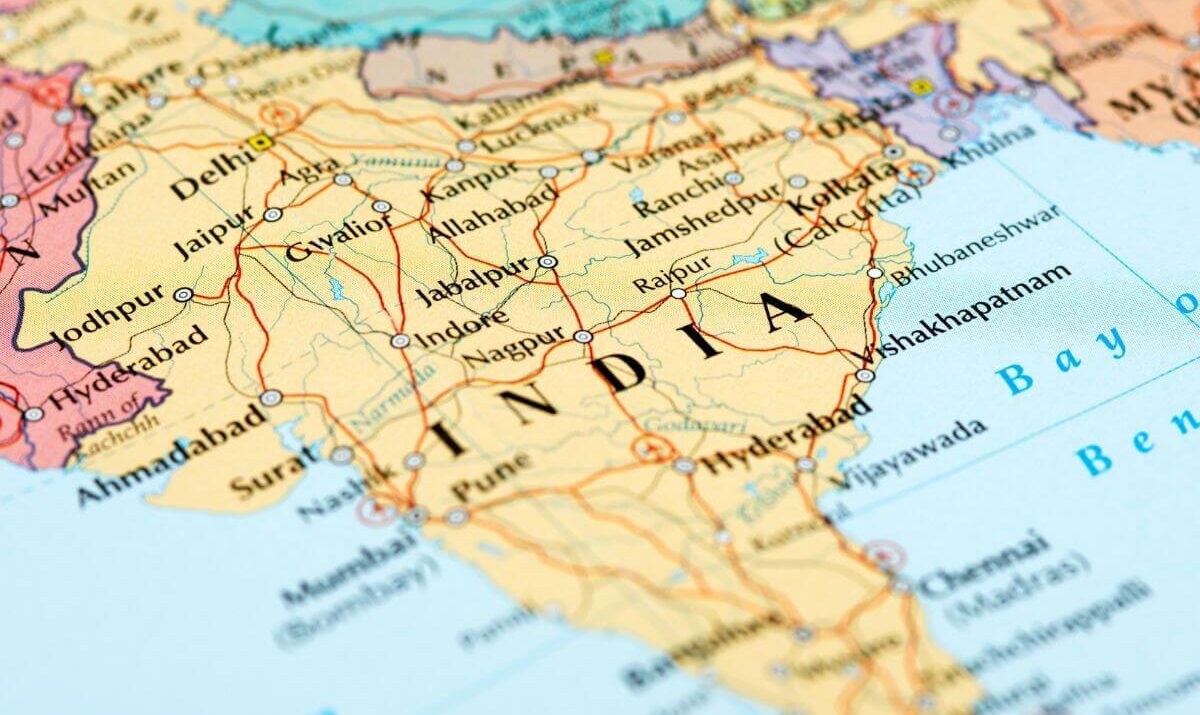India’s growth in recent years has been nothing short of a fairy tale. From a remarkable increase in GDP to conducive policies promoting innovation, there is a lot working for India. The country offers multiple investment avenues that can prove to be quite lucrative. This leads people to ask: “Where to Invest in India?”
If you want to bet on India’s rise as a global economic superpower, this is the right time to invest. But what sectors should you target? Well, let’s get an overview of the several investment opportunities in India in this article. From real estate to stocks and funds, we have cast a wide net to find the best opportunities for you.
Where to Invest in India: 4 Options Explored
The Indian stock market
The Indian stock market has had an unprecedented bull run over the last few years. While the global economies have shown signs of slowing down, the Indian market has accelerated. The Bombay Stock Exchange (BSE) and National Stock Exchange (NSE) host various companies from different sectors. If you choose wisely, investing in the Indian stock market can be pretty rewarding.
If you’re thinking to invest in India, blue-chip stocks may be the best place to start. These are the shares of companies that have a track record of being stable. If you’re looking at getting involved in these stocks think of giants such as Tata, Reliance Industries and Infosys. As your capital increases, these companies will tend to offer more stability.
If you are willing to take some risks and want higher returns then consider mid cap or small cap stocks. For tomorrow’s blue chips you can look at these shares; hence investing now will give huge yields in the future.
If the stock market seems too much to handle, then mutual funds will likely be right up your alley. A mutual fund is an investment management firm that gathers funds from many individuals and invests in various securities such as shares, bonds, etc. This diversification also assists in minimizing the risks involved in investment, so if one company is not performing well, the other may be doing well.

You can find the following three types of mutual funds in the Indian market:
- Equity Mutual funds: These majorly invest in stocks and have the capacity to yield high returns, which makes them fit for long-term investment.
- Debt mutual funds: These funds invest in fixed-income instruments like bonds and are suitable for those who want to earn regular income with minimal risk.
- Hybrid mutual funds: If you want to get the benefits of both worlds simultaneously, consider hybrid funds. They are less risky since they provide a reasonable expected return for the risk taken.
Real estate
India’s real estate market has always been a good area for investment, as it has yielded excellent results over the last few decades. If you are considering where to invest in India, cities like Mumbai, Delhi, Bangalore, and Hyderabad are the best bet, mainly because they are growing quickly.
Real estate investment, whether directly through property or indirectly through REIT (real estate investment trust) shares, can be profitable if you are new to investing. Houses and apartments provide regular income through rent and capital gains, whereas commercial properties offer higher rental returns.
REITs, for instance, let you invest in real estate without having to own the property physically and are also great for diversification.

Gold
Gold has a special place in Indian culture. It is an inflation-proof asset that is a great investment instrument whether you are just starting out or want to diversify your investments.
There are two ways to invest in gold in India:
- Physical gold: You can, of course, buy gold bars, coins, or jewelry
- Financial gold: Gold ETFs (Exchange Traded Funds) are traded on the Indian stock exchange and offer convenient gold investment without the hassle of storage. Sovereign gold bonds (SGBs), issued by the Indian government, provide interest and have the benefit of price appreciation.

Fixed deposits and bonds
To play safe and get a reliable fixed income, you can opt for fixed deposits (FDs) and bonds. Investments like fixed deposits, which are issued by various Indian banks and other financial institutions, ensure a definite rate of return for a specific period of time. The securities are relatively safe and ideal if you are unwilling to take significant risks.
Bonds, whether issued by the government or corporations, are investments that can provide fixed returns and are less risky than stocks. The risk associated with government bonds is relatively low, almost negligible since they are nearly risk-free investments.
While both these instruments might not give you very high returns, they are incredibly safe and guarantee to grow your money.
Where to Invest in India: Conclusion
India is a great country to invest in, provided you diversify your investments. By spreading your assets across several investment instruments, such as property, bonds, shares, and mutual funds, you can achieve handsome results and significantly reduce your risk.
It is essential to do your research, gather information on available strategies, and seek the help of a financial advisor to create a plan that fits your situation.
Happy investing, and may your financial journey in India be as vibrant and rewarding as the country itself!










